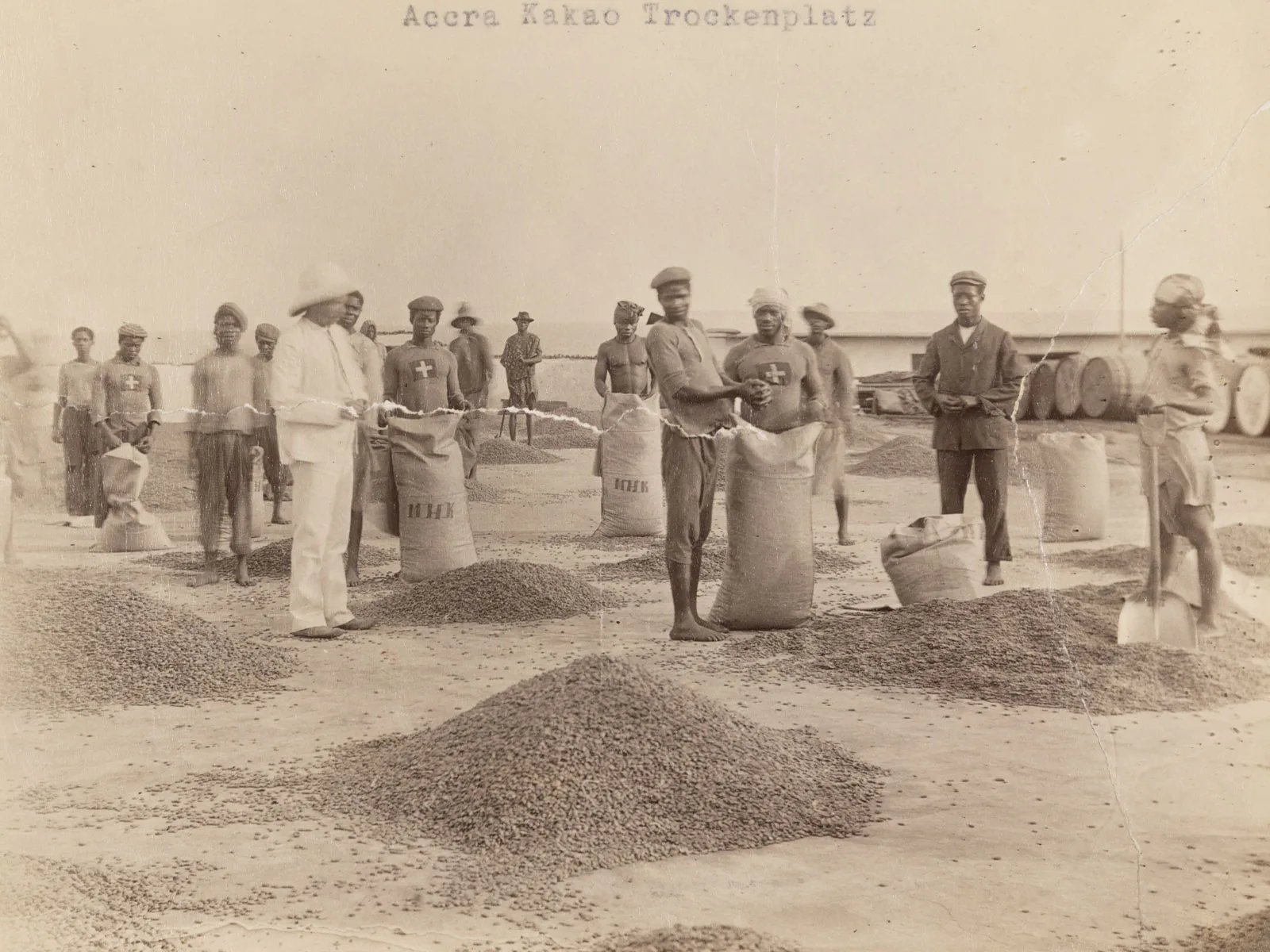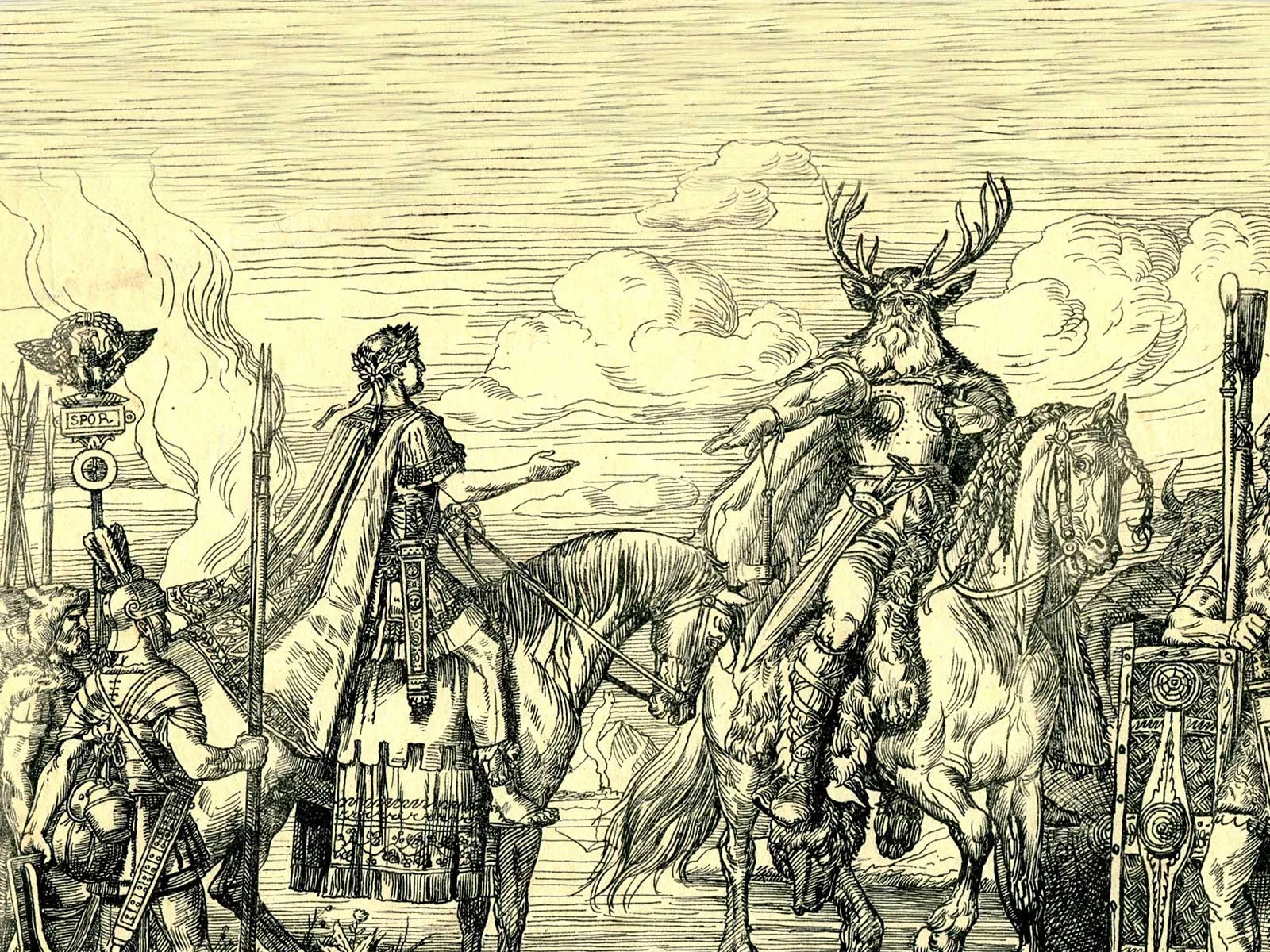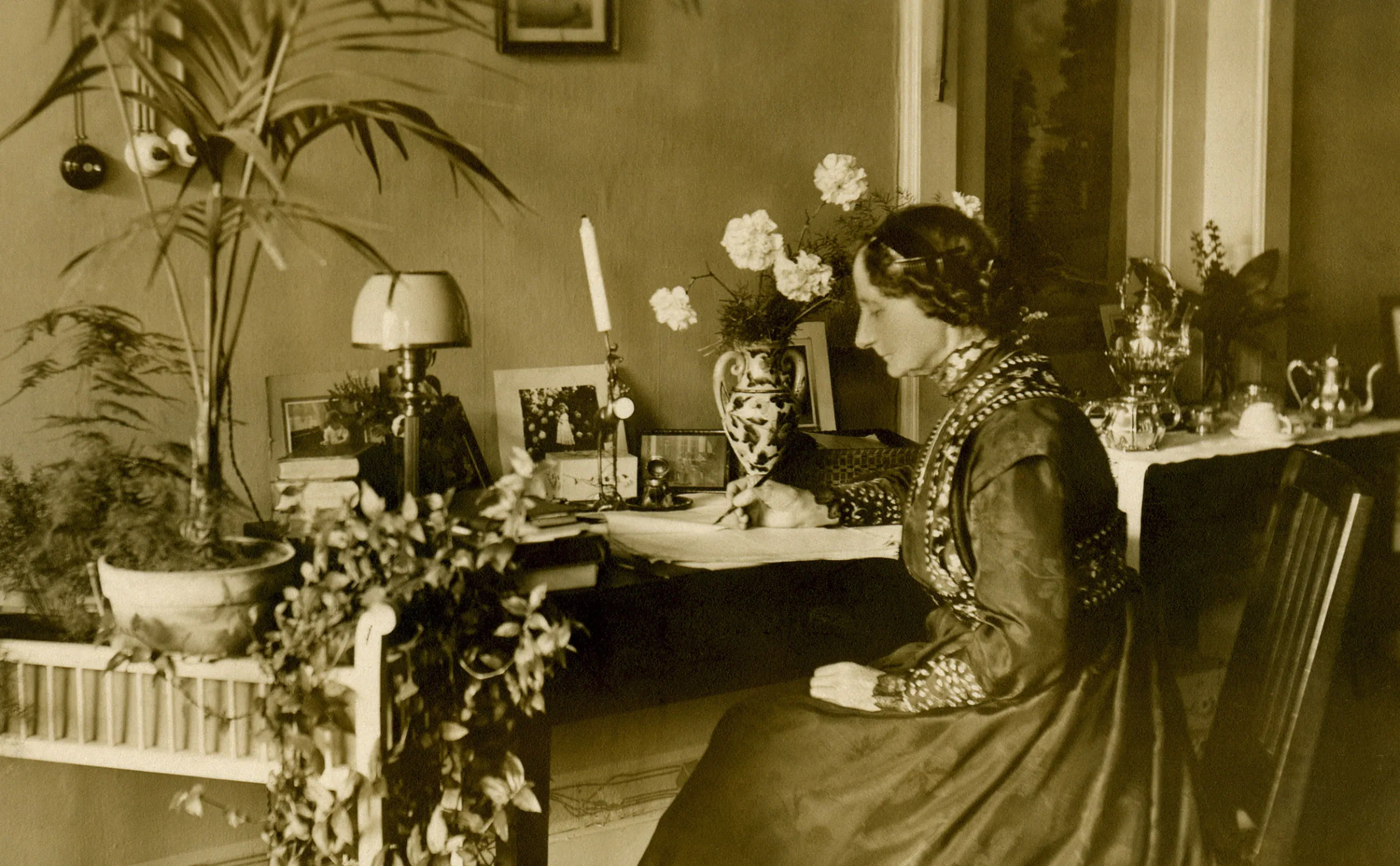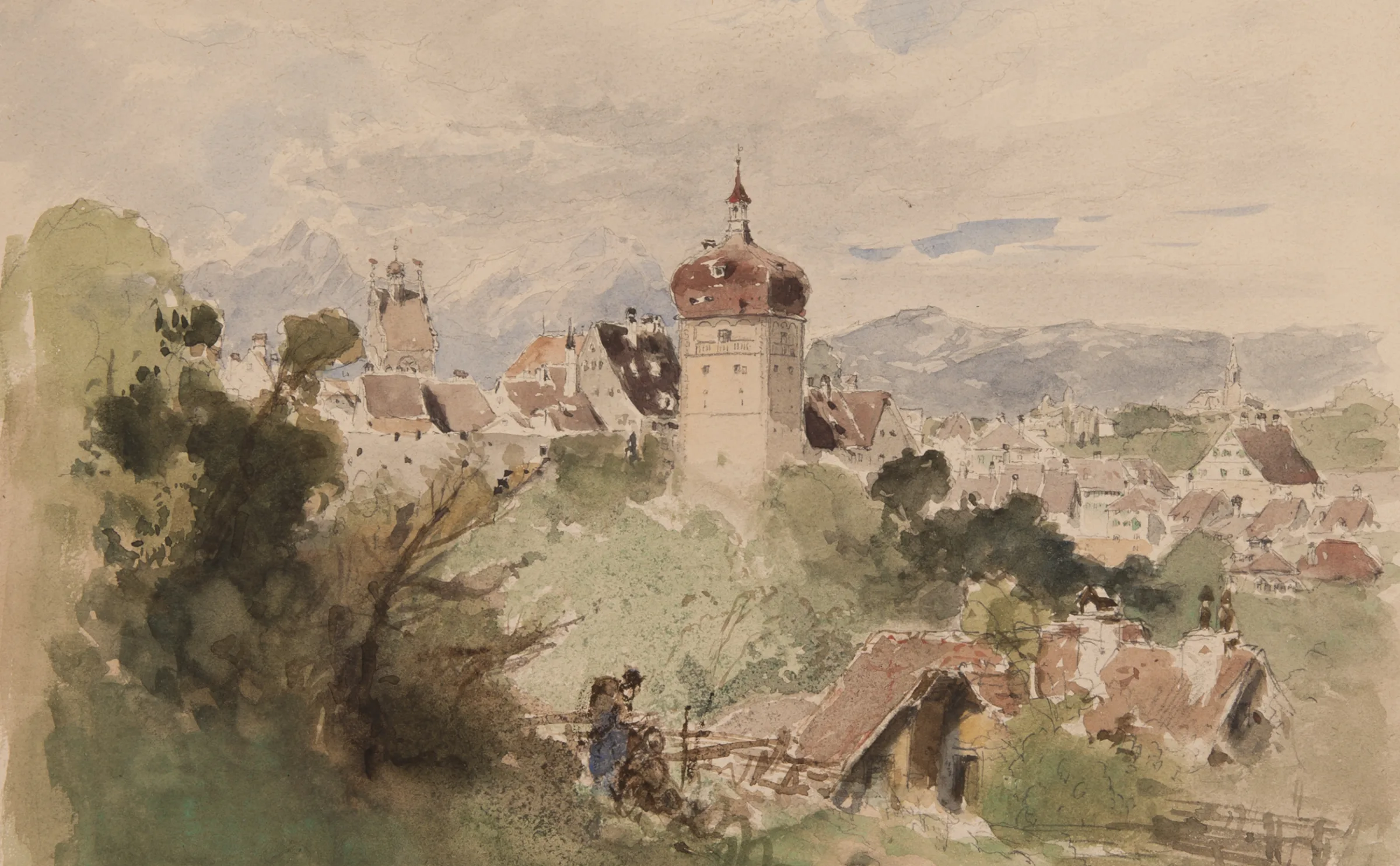
Swiss National Museum
The ‘Kanton Übrig’ – Switzerland’s ‘leftover’ Canton
In May 1919, the people of Vorarlberg voted on whether to join the Swiss Confederation. It was a landslide victory for the joiners, with a massive 80 per cent voting ‘Ja’. But the union never happened. A flashback in time.
100 years ago, on 11 May 1919, Switzerland was poised to become almost 2,600 square kilometres bigger. The citizens of Vorarlberg held a referendum to vote on entering into negotiations with Switzerland with a view to becoming part of the Swiss nation. The result: over 80 per cent were keen to join the Confederation. But the victorious powers of the First World War had other plans. Under the Treaty of Saint-Germain, the Austro-Hungarian Empire was to be dissolved. The arrangements did not envisage Vorarlberg’s integration into the Swiss Confederation, resulting in red faces for the negotiating parties. For example, Italy wanted Ticino as compensation if the borders changed in eastern Switzerland. The wishes of the border region were ignored, and the territory belonged from then on to Austria, which emerged from the negotiations as a separate, democratic nation.
On the other side of the Rhine too, reactions to the voting were guarded. There were certainly supporters, such as Federal Councillor Felix Calonder, who campaigned vigorously for an active and ambitious Swiss foreign policy, and St. Gallen Canton Councillor Ulrich Vetsch. Vetsch was co-founder of the ‘Aktionskomitee Pro Vorarlberg’ action committee, and was convinced that integrating the border region was the right move. This was mainly for reasons relating to transport – he had dreams of establishing eastern Switzerland as a key transit hub. However, Calonder and Vetsch encountered bitter resistance. And not only within the Federal Council, where Edmund Schulthess in particular was vehemently opposed to Vorarlberg’s inclusion in the Confederation. The Swiss-French didn’t like the idea of integrating another German-speaking area. There was also opposition in Protestant regions, which feared for the fragile balance between the denominations in Switzerland.
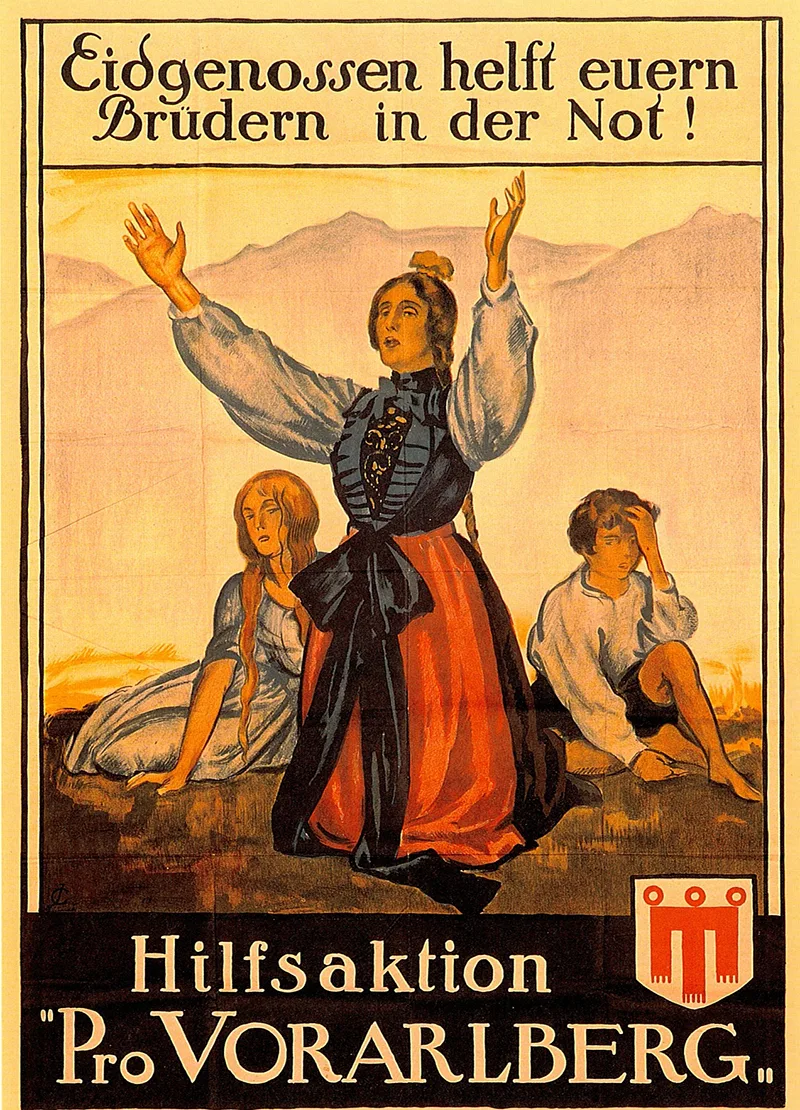
‘Pro Vorarlberg’ poster by Swiss painter Jules Courvoisier.
Wikimedia
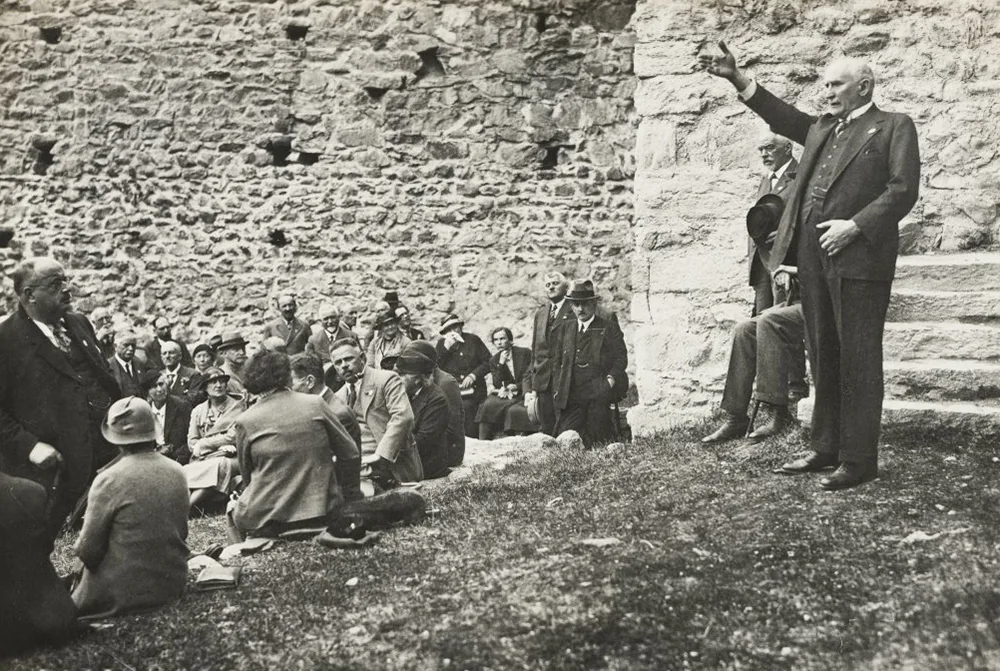
Former Federal Councillor Felix Calonder making a speech. The image dates from 1934.
Swiss National Museum
UNION WITH BAVARIA?
Although four-fifths of Vorarlbergers wanted to become Swiss, there were also some sceptics within the ‘Kanton Übrig’ (Canton of Leftover), as the region was mockingly called by the pro-German camp. The reservations came mainly from economic circles. Many business operators were looking towards Germany, because they were hoping for, among other things, a sizeable market for their products there. There were even plans for a union with Baden, Bavaria and Württemberg to create a new German state, Swabia. In addition, the pro-German provincial government of Vorarlberg did not want to be integrated into Switzerland. However, after the unequivocal outcome of the voting, it was forced to begin negotiations with its neighbour to the west. It did so only half-heartedly. And because the Swiss people themselves were none too enthusiastic, in the end, the wishes of the people of Vorarlberg were swept under the carpet. And so, after the peace negotiations in Saint-Germain concluded in September 1919, the region remained in Austria.
One who did not remain was Felix Calonder. The political skirmishing over the potential integration of the Vorarlberg region into Switzerland ended the Graubünden minister’s political career. In a speech in the Council of States, he had stuck his head a long way above the parapet and displeased the Germans, among others. He accused them of imperialism, and warned the smaller chamber to surrender Vorarlberg to them. The Federal Council distanced itself from this view, accelerating Calonder’s existing political isolation. In 1920, the Graubünden politician resigned.

